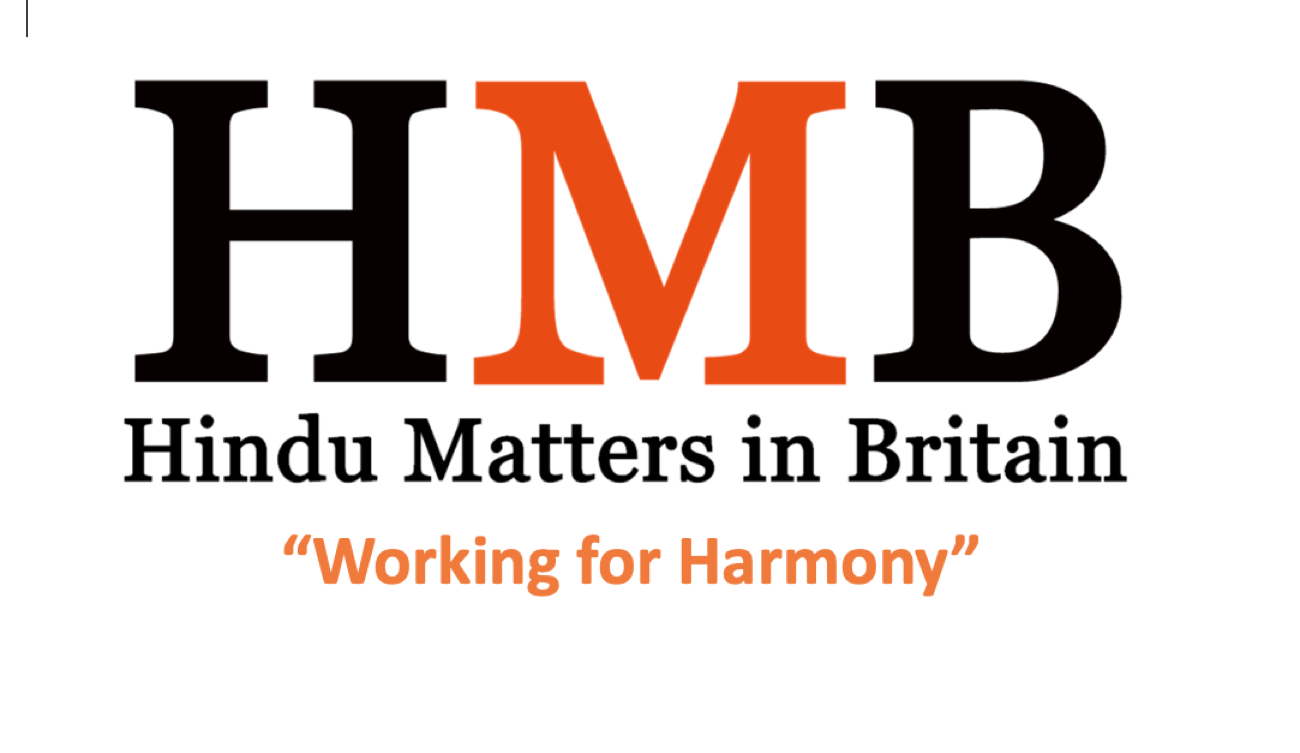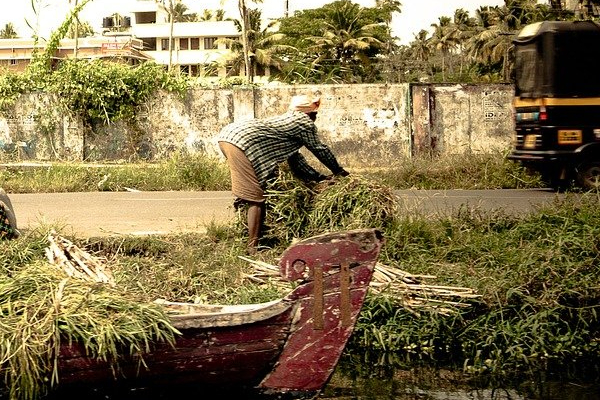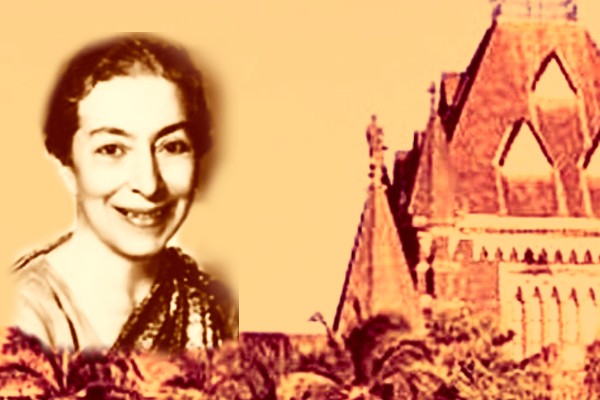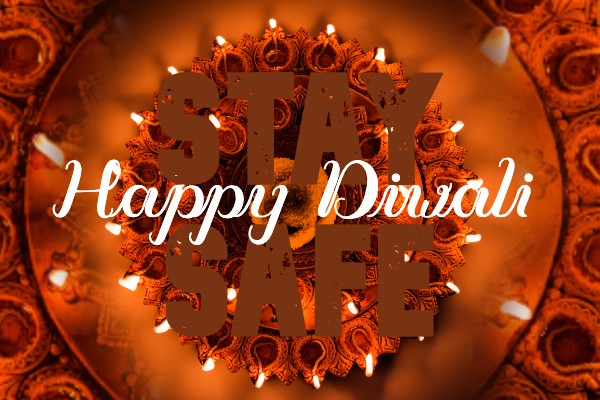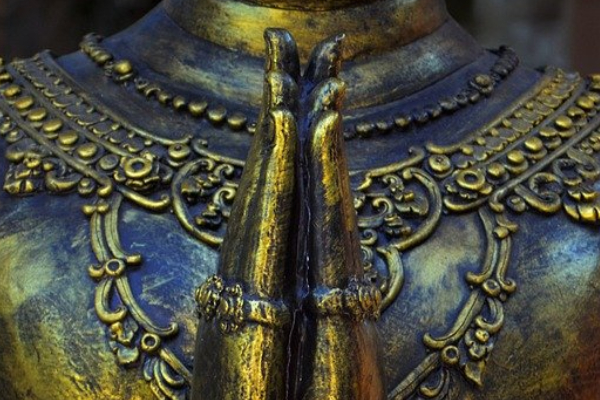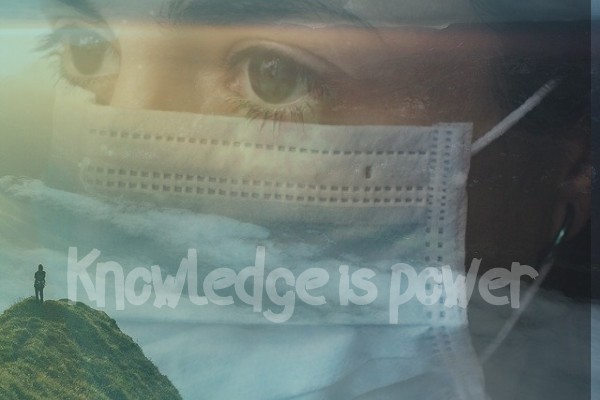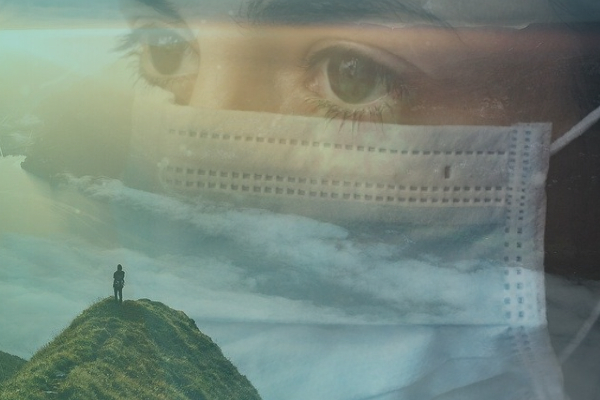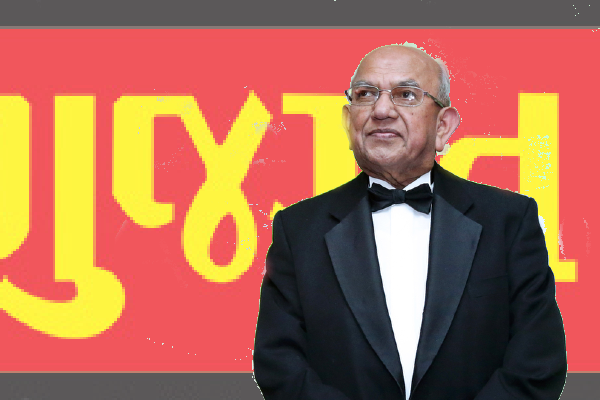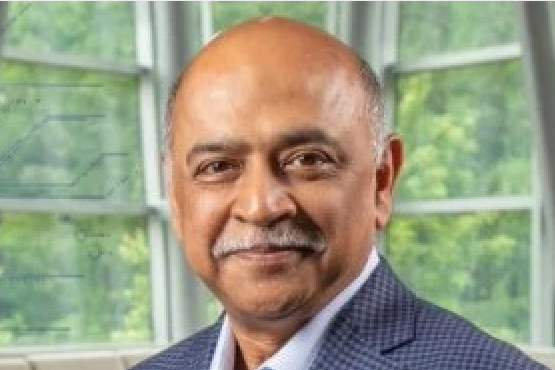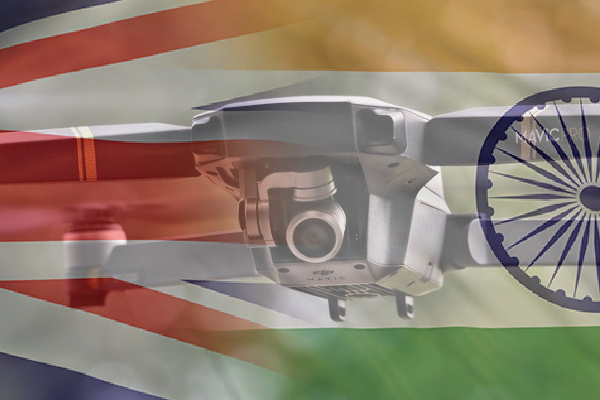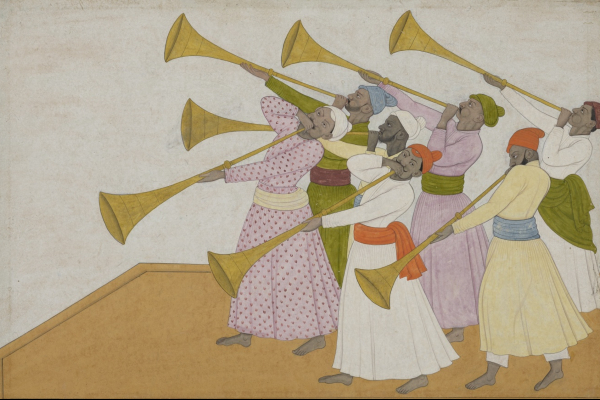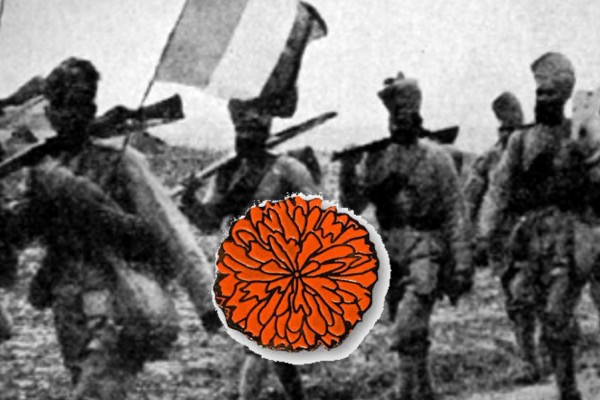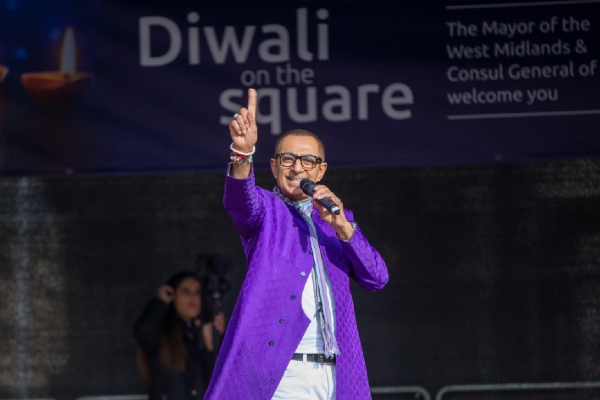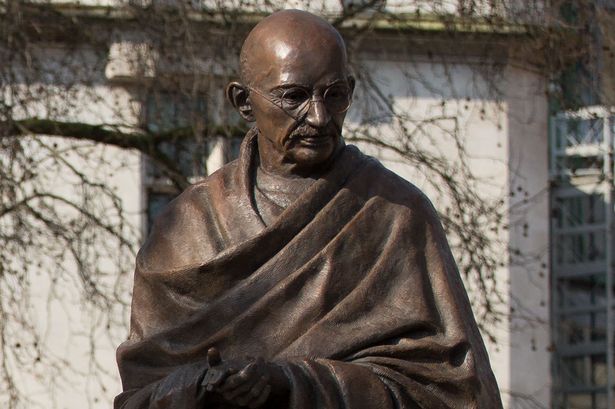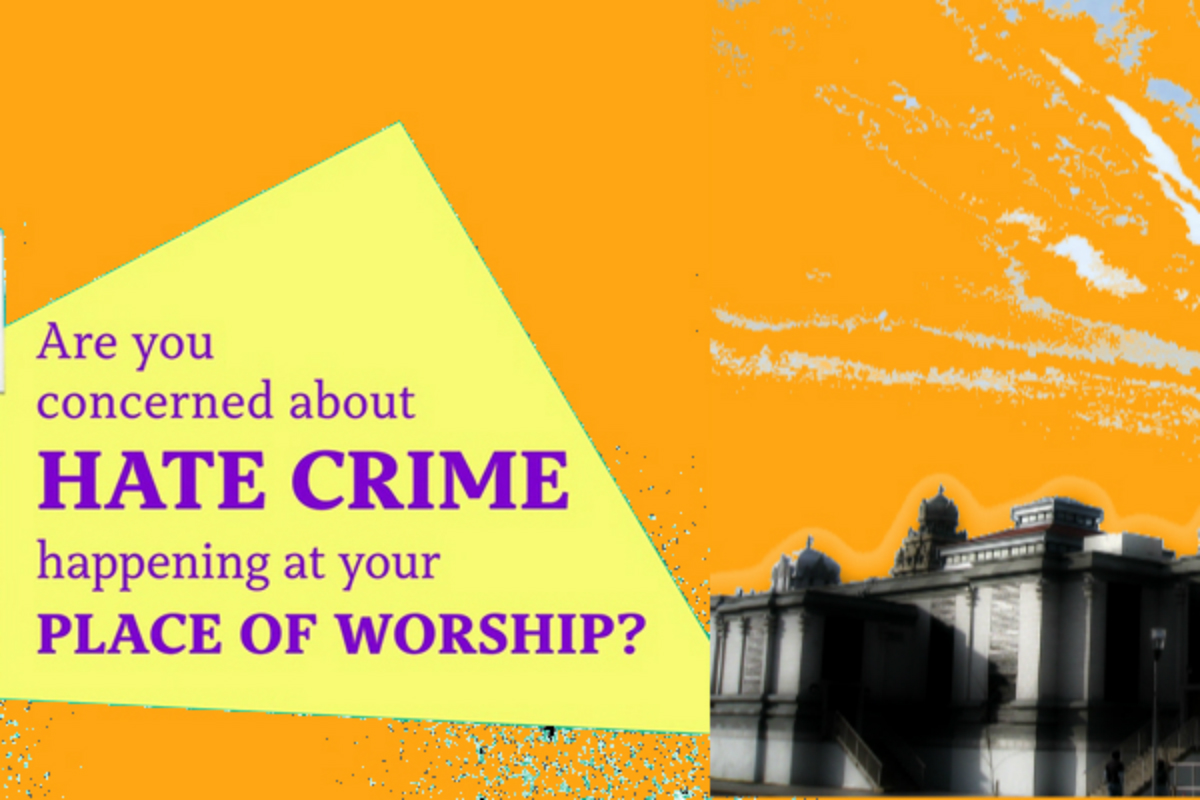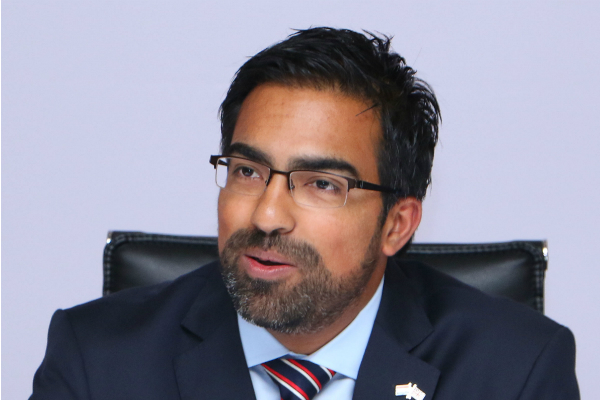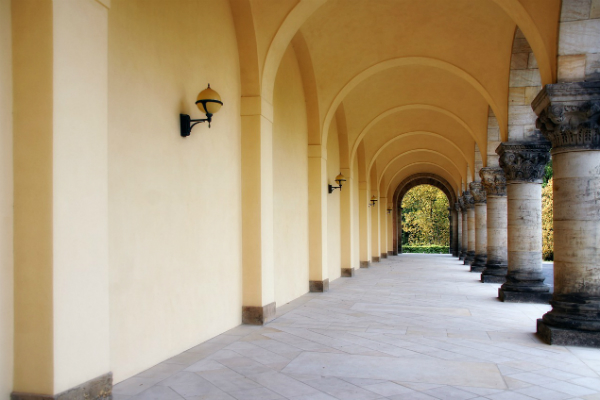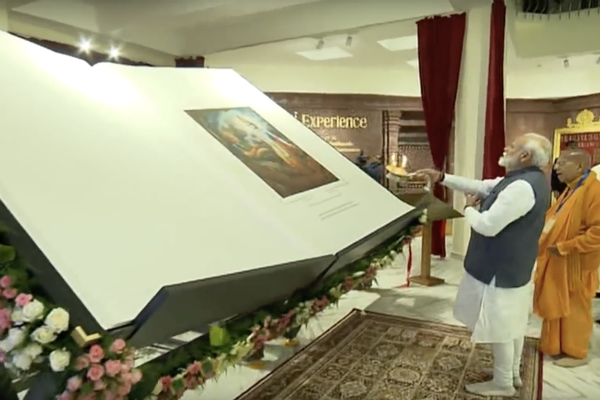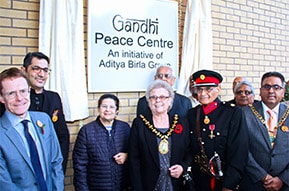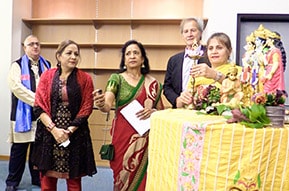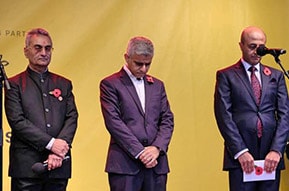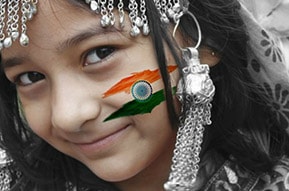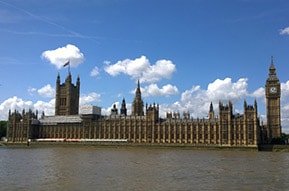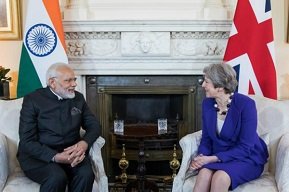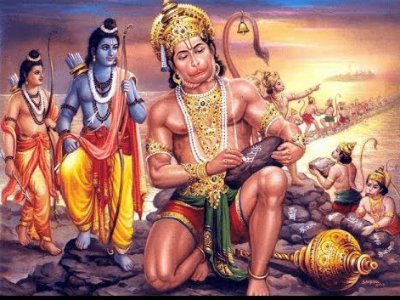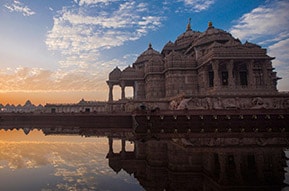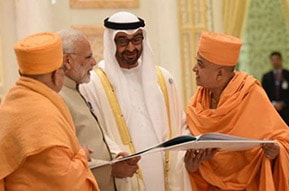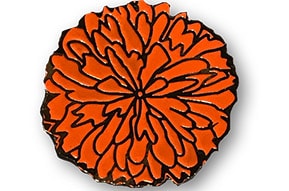The Marigold - Never to be Forgotten
Every year on Armistice Day or popularly known as Armistice Day, the nation holds a two-minute silence at 11 am to remember the fallen soldiers during the war. It commemorates the ending of the WW1 on the 11th day of the 11th month at 11.00am in 1918. It is a legacy and history that can never be forgotten. But should we be remembering beyond the Remembrance ceremonies?
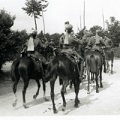 It was thought that such travesty would never occur again, yet WW2 came around relatively quickly and since then, the planet has seen plenty of conflicts in all corners of the globe. It is a sad fact that we have not learnt from the mistakes of the past and worse still, we seem to have forgotten those who sacrificed their lives in the name of freedom. History just keeps on repeating itself and the casualties of war are forever climbing. At the very least let’s remember the fallen heroes and heroines from all communities.
It was thought that such travesty would never occur again, yet WW2 came around relatively quickly and since then, the planet has seen plenty of conflicts in all corners of the globe. It is a sad fact that we have not learnt from the mistakes of the past and worse still, we seem to have forgotten those who sacrificed their lives in the name of freedom. History just keeps on repeating itself and the casualties of war are forever climbing. At the very least let’s remember the fallen heroes and heroines from all communities.
 The symbolic representation of Remembrance is the red poppy. In recent times the commemoration of the African Caribbean contribution has been represented by the Black poppy. The white poppy symbolises all civilian and armed forces during the war and the purple poppy symbolises the commemoration of animals who sacrificed their lives during the war.
The symbolic representation of Remembrance is the red poppy. In recent times the commemoration of the African Caribbean contribution has been represented by the Black poppy. The white poppy symbolises all civilian and armed forces during the war and the purple poppy symbolises the commemoration of animals who sacrificed their lives during the war. 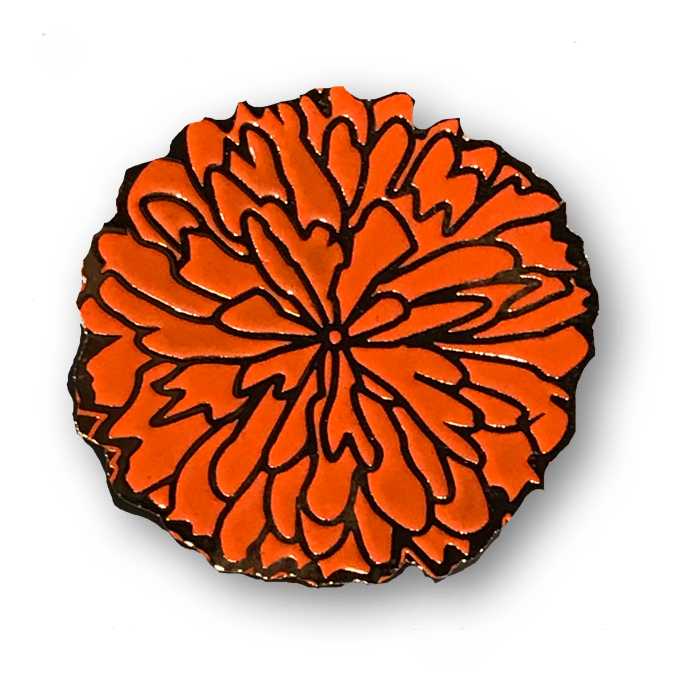 India has adopted the marigold as a symbol to commemorate the Indian soldiers who died in WW1. The marigold is sacred to both Hindus and Muslims.
India has adopted the marigold as a symbol to commemorate the Indian soldiers who died in WW1. The marigold is sacred to both Hindus and Muslims.
The marigold has been adopted only in recent times and it is a testament that the sub-continent should and beginning to remember the great sacrifices made by their ancestors and not erase the memories on the basis of trying to forget the ills of colonialism. Even Mahatma Gandhi, the apostle of peace mentioned that India would not have the moral right to ask for greater political autonomy if it did not assist Britain in her hour of need.
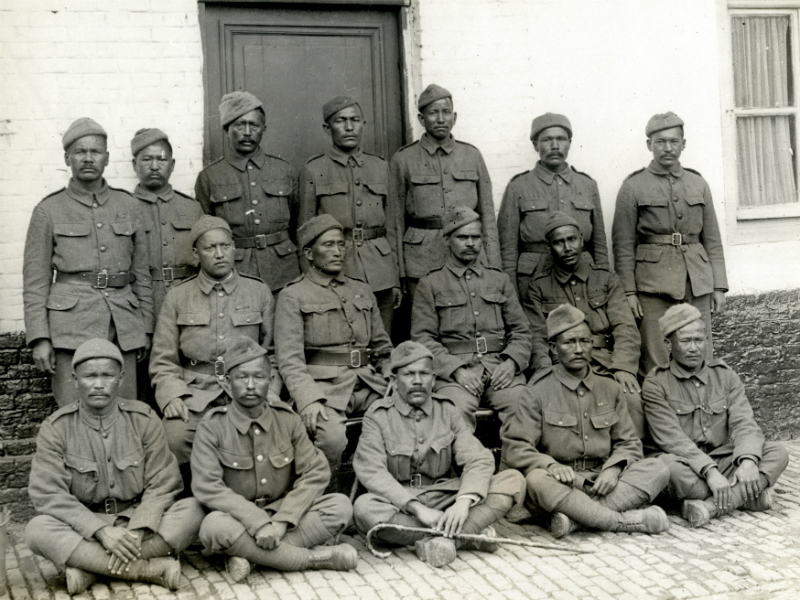 The Indian Army provided the largest voluntary force assembled in the history of modern-day conflict in the World Wars. This had meant that one in five soldiers available for deployment for the British cause was from an Indian background. Of the 1.5 million volunteers of the Indian Military who were deployed for duty, more than 827,000 were involved in the theatre of war. More than 74,000 lost their lives and 67,000 were wounded. 13,000 soldiers received Medals for gallantry and 7 Indian soldiers were decorated with the Victoria Cross.
The Indian Army provided the largest voluntary force assembled in the history of modern-day conflict in the World Wars. This had meant that one in five soldiers available for deployment for the British cause was from an Indian background. Of the 1.5 million volunteers of the Indian Military who were deployed for duty, more than 827,000 were involved in the theatre of war. More than 74,000 lost their lives and 67,000 were wounded. 13,000 soldiers received Medals for gallantry and 7 Indian soldiers were decorated with the Victoria Cross.
Hindus contribution amounted to around 50% of the Armed Forces. Around 800,000 Hindus, 400,000 Muslims and 100,000 Sikhs fought in the war. There were other soldiers from other faiths (e.g. Christianity and Zoroastrianism) as well as the continents of Africa, Australasia and Americas.
 600 x 1200.jpg) It is only in current times that much of this contribution is being mentioned and the history books corrected. It is a sad fact of life that many South Asian children living in the UK do not know that their own ancestors from the World Wars participated in the freedom struggle. To them, the World Wars was instigated within Europe and fought by Europe and America. In a poll carried out by the British Future Think Tank, only around 44% people are aware of the involvement of Commonwealth Soldiers during WW1.
It is only in current times that much of this contribution is being mentioned and the history books corrected. It is a sad fact of life that many South Asian children living in the UK do not know that their own ancestors from the World Wars participated in the freedom struggle. To them, the World Wars was instigated within Europe and fought by Europe and America. In a poll carried out by the British Future Think Tank, only around 44% people are aware of the involvement of Commonwealth Soldiers during WW1.
Yet the true history outlines that the Indian Army fought against the Germans in German East Africa and on the Western Front. Over 138,000 Indian troops fought in Belgium and France during World War I. Indian divisions were also sent to Egypt, Gallipoli and nearly 700,000 served in Mesopotamia against the Ottoman Empire. While some divisions were sent overseas others had to remain in India guarding the North-West Frontier and on internal security and training duties. These battles were fought by all people of all faiths. It is something that is very important to highlight and let us remember the symbols of poppies and marigolds especially during Remembrance, but the thoughts throughout our lives for the freedom it represents.
